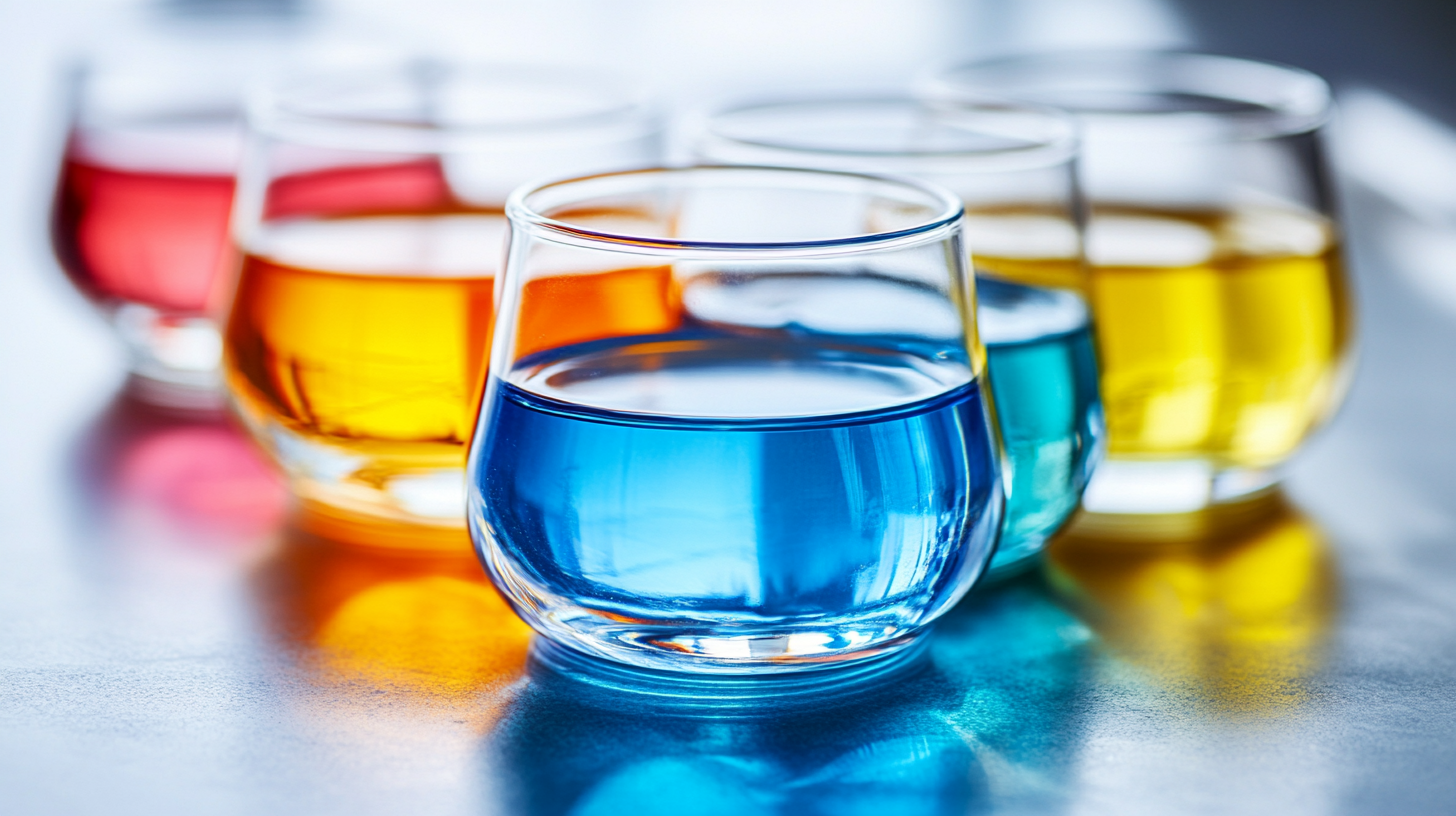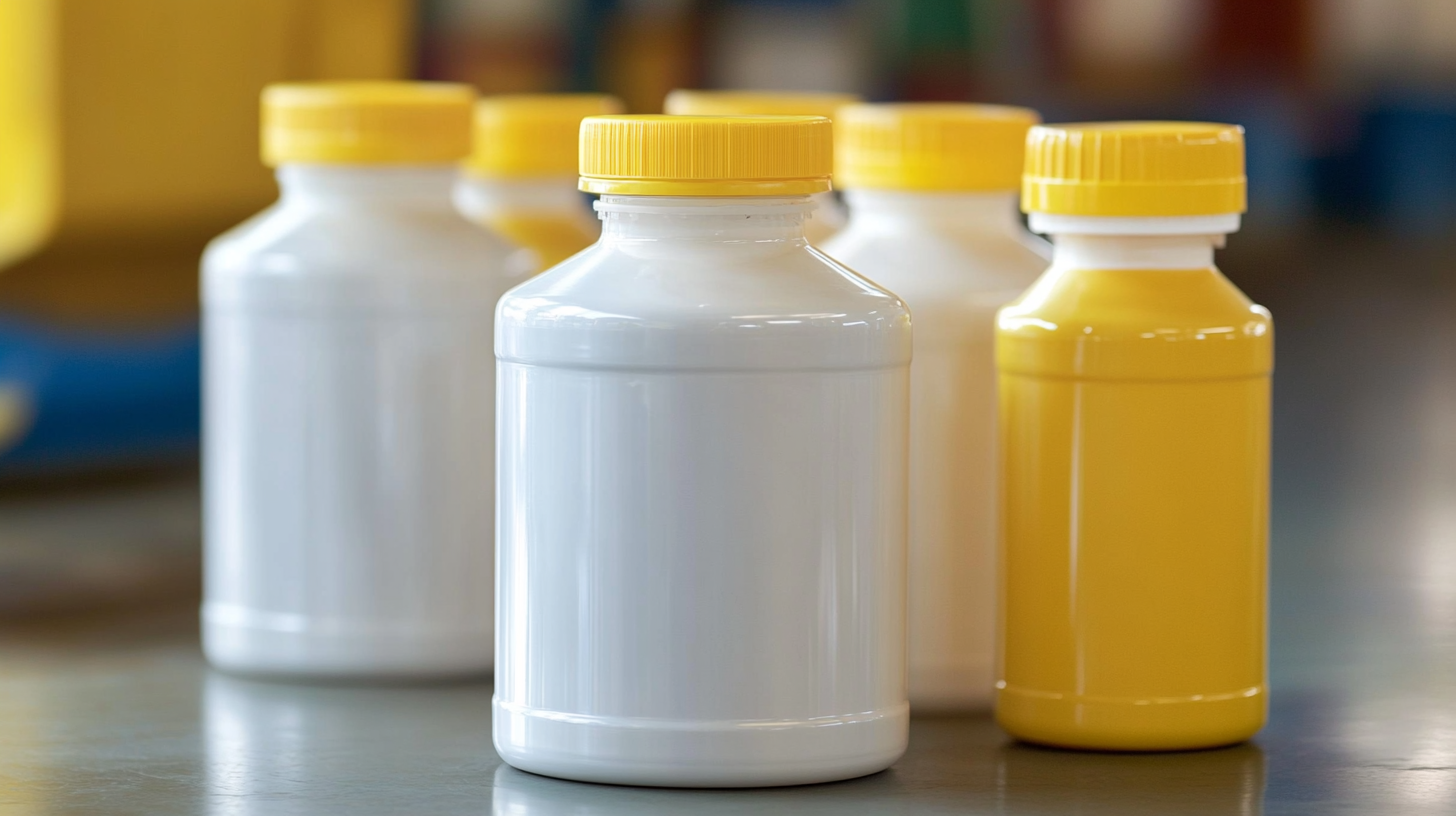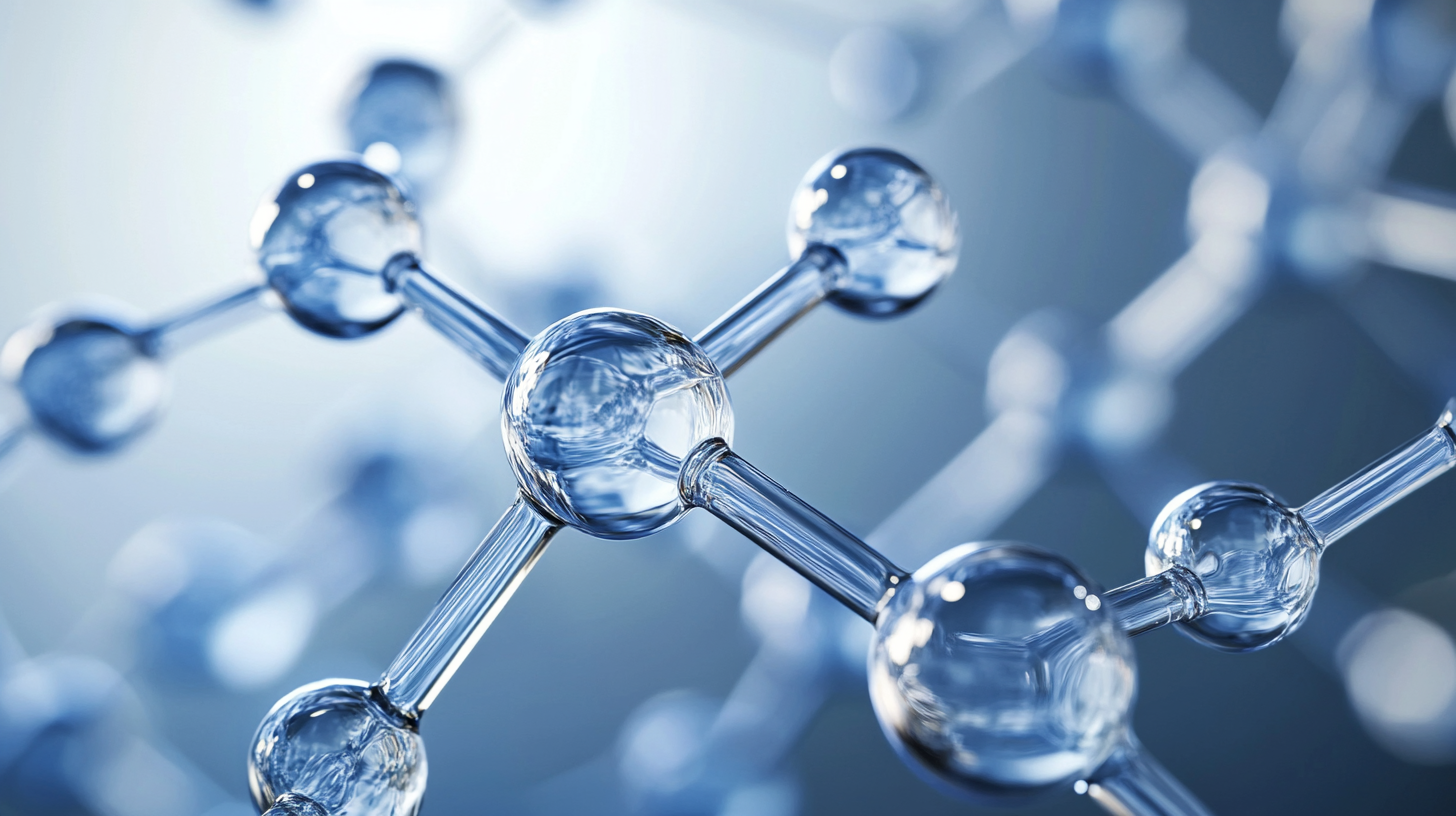
News
Key Factors to Identify Reliable Manufacturers of Propylene Glycol for Global Buyers
In the rapidly evolving global marketplace, the demand for high-quality chemicals, such as propylene glycol, continues to surge. As a versatile compound used across various industries—including food, pharmaceuticals, and cosmetics—propane glycol's reliability and safe production are of paramount importance. However, the challenge remains for global buyers to identify trustworthy manufacturers capable of meeting their specifications and regulatory requirements. With numerous suppliers in the market, discerning the best options can be daunting. This blog aims to highlight key factors that buyers should consider when selecting a reliable manufacturer of propylene glycol. By focusing on production standards, certification, supply chain transparency, and customer feedback, buyers can make informed decisions that ensure the quality and safety of their products. Understanding these factors is crucial, as they not only influence the reliability of propylene glycol but also the long-term success of businesses that depend on this vital chemical.

Understanding Propylene Glycol: The Basics Every Buyer Should Know
Propylene glycol, a colorless and odorless compound, is a versatile ingredient widely used in various industries, including food, pharmaceuticals, and cosmetics. Understanding its properties is essential for buyers looking to ensure quality and reliability in their supply chain. According to a report by MarketsandMarkets, the global propylene glycol market was valued at approximately $3.3 billion in 2022 and is expected to reach $4.5 billion by 2027, growing at a compound annual growth rate (CAGR) of 6.2%. This data highlights the increasing demand for propylene glycol and underscores the need for buyers to be well-informed.
One of the critical factors buyers should consider is the purity of propylene glycol, as it directly impacts safety and efficacy in end-use applications. The American Chemical Society indicates that propylene glycol with a purity level above 99.5% is generally preferred, especially for food-grade and pharmaceutical applications. Buyers should also be aware of the production methods, as synthetic propylene glycol is often regarded as more reliable compared to bio-based alternatives. Analyzing supplier certifications and compliance with industry standards, such as the Food Chemicals Codex (FCC) and the European Pharmacopoeia, will help buyers identify reliable manufacturers for their needs.

Criteria for Evaluating the Manufacturing Processes of Propylene Glycol
When evaluating the manufacturing processes of propylene glycol, it is essential to consider several key criteria to ensure reliability and quality. One primary factor is the production method employed. The two main processes for synthesizing propylene glycol are the non-catalytic process and the catalytic hydration of propylene oxide. According to a report by MarketsandMarkets, the catalytic method is gaining traction due to its higher yield and efficiency, producing approximately 99% purity levels. Buyers should prioritize manufacturers who implement advanced catalytic technologies, as these methods typically result in fewer impurities and better consistency in product quality.
Another important aspect is the adherence to international standards and certifications, such as ISO 9001 and GMP (Good Manufacturing Practices). Manufacturers that are certified demonstrate a commitment to quality control and maintain rigorous testing protocols throughout their production processes. Industry data indicates that companies with these certifications have a 30% higher product reliability rate. Furthermore, transparency in the supply chain is vital; manufacturers should provide detailed information regarding raw material sourcing and production practices, ensuring that buyers are aware of the quality and sustainability of the materials used in propylene glycol production.

Importance of Supplier Certifications and Quality Assurance Standards
In today's competitive landscape, the reliability of manufacturers for propylene glycol is crucial for global buyers. One essential aspect that requires attention is the supplier certifications and quality assurance standards they adhere to. For instance, the BMW Group emphasizes maintaining rigorous environmental and social standards, reflecting the importance of accountability in the supply chain. Research shows that companies with robust supplier certifications can reduce counterfeiting risks by up to 30%, a vital statistic in industries where integrity is paramount, such as pharmaceuticals and food production.
Quality assurance processes have also evolved, with innovative frameworks like 'smart quality' being adopted by pharmaceutical and medtech companies to enhance product safety and compliance. This approach not only streamlines quality control but also enables real-time data utilization for better decision-making, further underscoring the significance of adherence to international quality standards. Furthermore, certifications, such as those demanded by Target and food industry vendors, have become more critical post-COVID-19, underscoring enhanced scrutiny in supply chains. Buyers must prioritize manufacturers that possess these certifications to ensure the integrity and safety of propylene glycol products.
Key Factors to Identify Reliable Manufacturers of Propylene Glycol
Analyzing Manufacturer Reputation and Customer Feedback
When selecting a reliable manufacturer of propylene glycol, analyzing the manufacturer's reputation and customer feedback is crucial. According to a report by Grand View Research, the global propylene glycol market size was valued at USD 2.5 billion in 2022 and is expected to grow at a compound annual growth rate (CAGR) of 4.3% from 2023 to 2030. This growth emphasizes the importance of choosing manufacturers who can sustain quality and service amidst rising demand.
Customer feedback plays a vital role in discerning the reliability of a manufacturer. A survey by Statista highlighted that nearly 79% of buyers prioritize customer reviews when deciding on suppliers. Manufacturers with consistent positive feedback and high ratings are often more reliable, as they indicate a commitment to quality and customer satisfaction. Additionally, trade associations like the American Chemistry Council provide platforms for review and validation of product claims, further aiding buyers in their decision-making process.
Furthermore, manufacturers that actively engage in transparent communication and provide detailed product information often fare better in customer assessments. Industry-specific certifications and compliance with global standards such as ISO 9001 also signal a manufacturer's dedication to maintaining excellence in their products. As the propylene glycol market continues to flourish, buyers must prioritize feedback and reputation to ensure they partner with trustworthy manufacturers.
Strategies for Building Long-Term Relationships with Reliable Suppliers
Building long-term relationships with reliable suppliers of propylene glycol is essential for global buyers looking to ensure consistent quality and supply. One of the key strategies involves proactive communication. Regular dialogue not only helps in clarifying expectations but also strengthens trust between both parties. Establishing clear lines of communication early on can preempt misunderstandings and align the objectives of both the buyer and the manufacturer.
Another important strategy is to invest in a thorough vetting process. Buyers should assess manufacturers based on quality certifications, production capabilities, and previous client testimonials. Regular visits to manufacturing facilities, when possible, can provide valuable insights into the operational practices and standards maintained by potential suppliers. Furthermore, fostering partnerships involves being flexible and understanding the dynamics of supply chain management, particularly in response to market changes.
Lastly, showing appreciation for your suppliers can go a long way. Acknowledging their efforts during challenging times or recognizing them for achieving milestones creates a positive working relationship. By investing time and resources into building these relationships, buyers can secure more dependable sources of propylene glycol, ultimately enhancing their own operational efficiency and market position.
| Criteria | Description | Importance Rating | Potential Suppliers |
|---|---|---|---|
| Quality Standards | Compliance with international quality standards such as ISO and FDA. | 5 | Supplier A, Supplier B |
| Production Capacity | Ability to meet large and consistent order volumes. | 4 | Supplier C, Supplier D |
| Reputation | Positive feedback and ratings from previous clients. | 5 | Supplier E, Supplier F |
| Certifications | Relevant certifications like GMP, Halal, Kosher etc. | 3 | Supplier G, Supplier H |
| Customer Service | Responsive and effective communication and support. | 4 | Supplier I, Supplier J |





